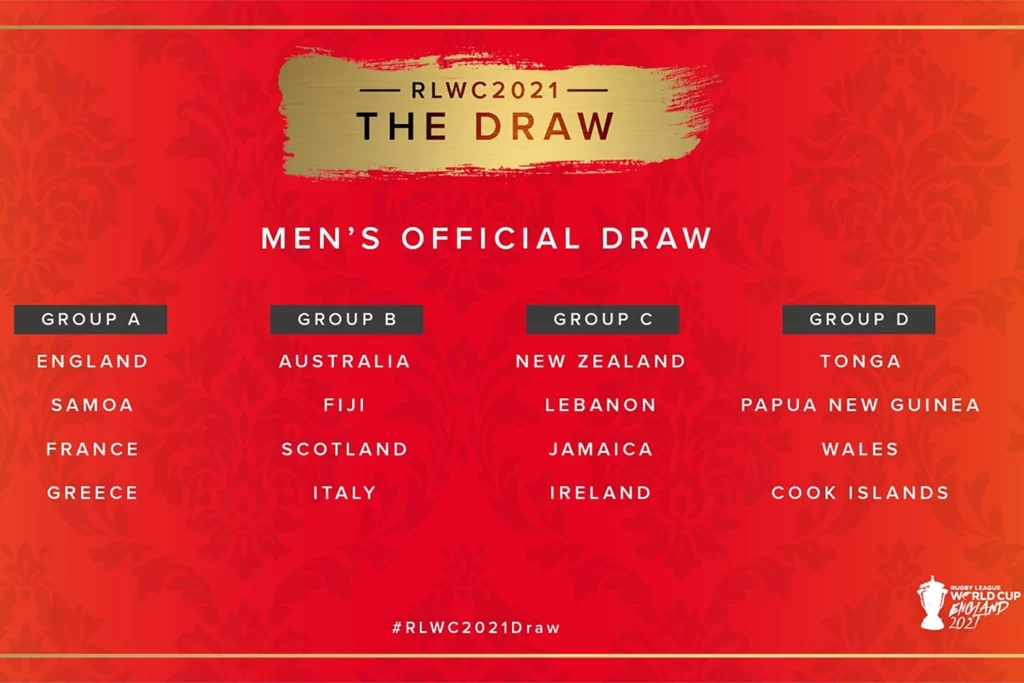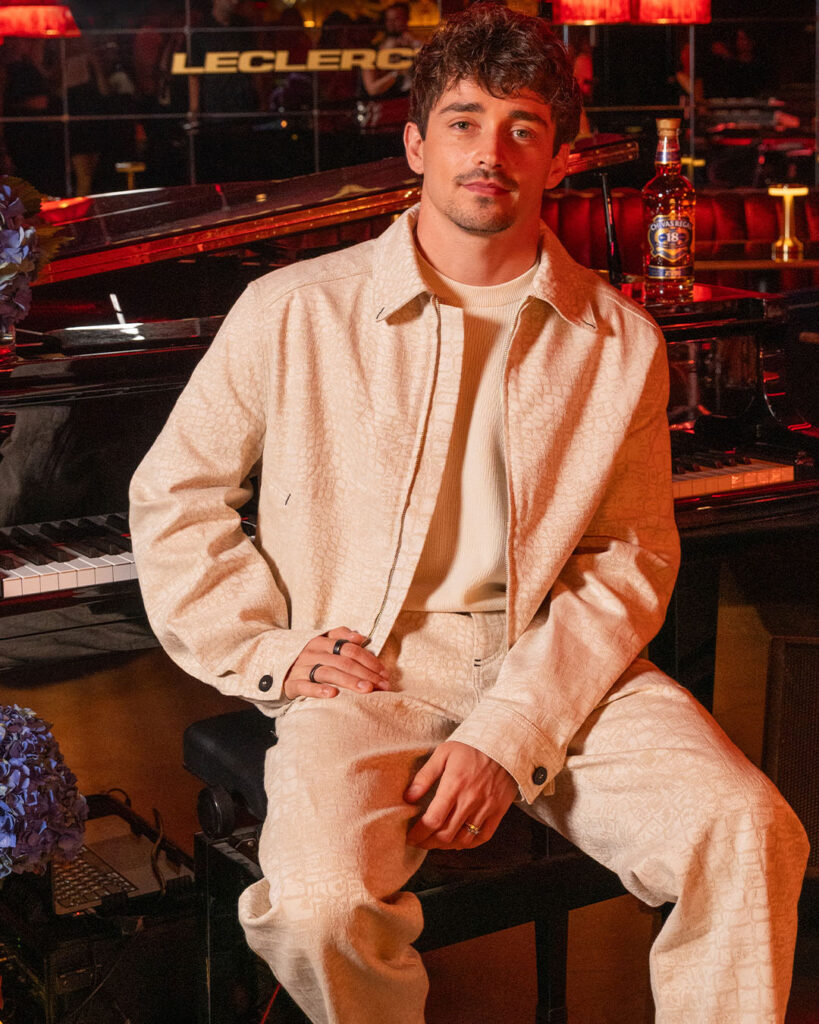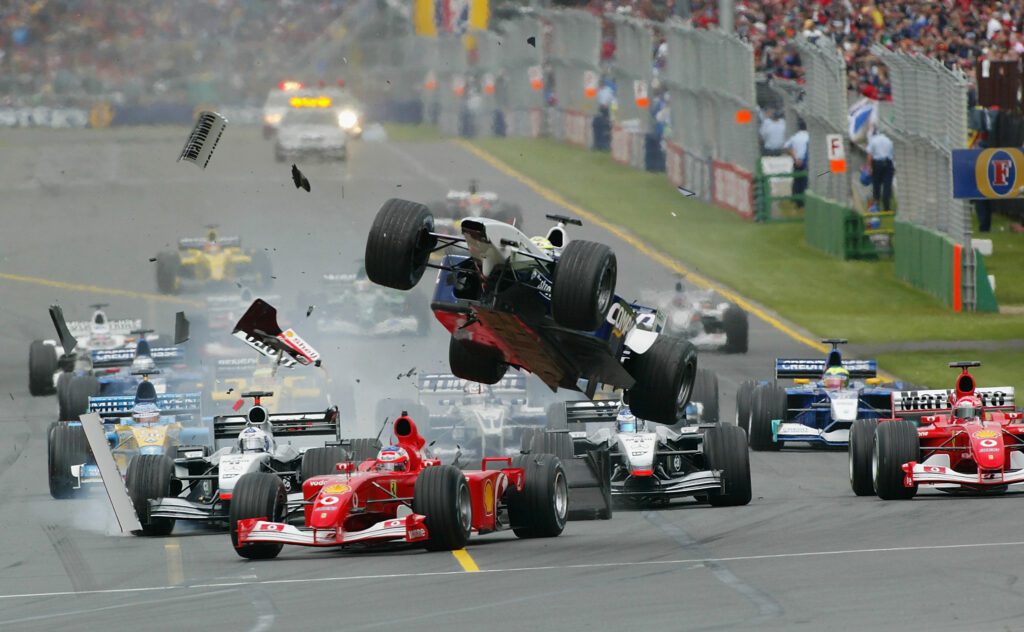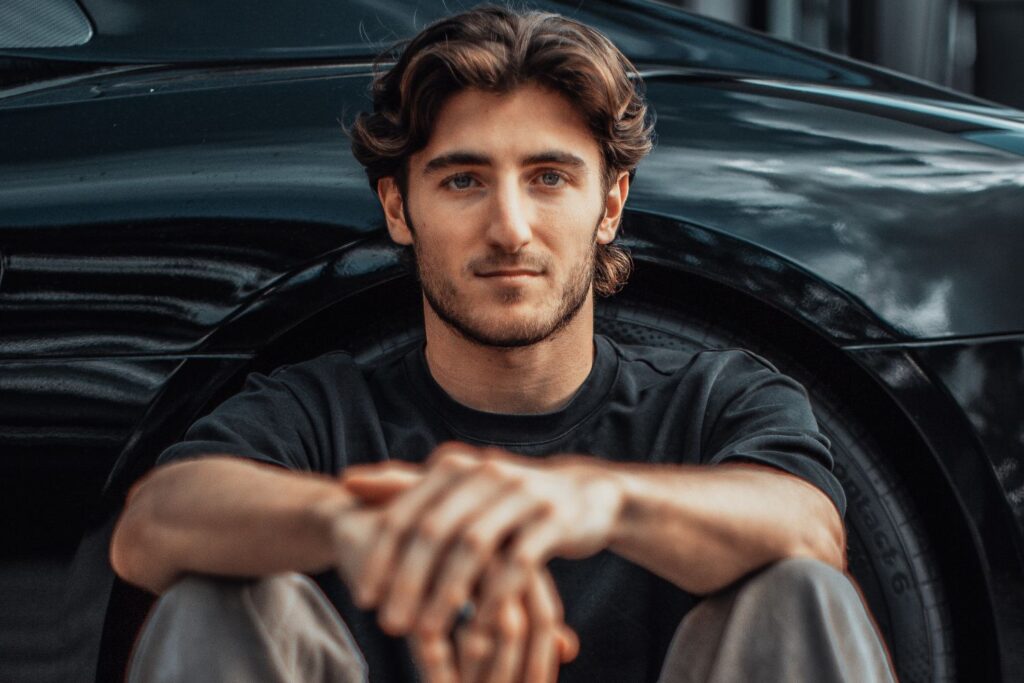The heavily anticipated 2021 Rugby League World Cup will take place across England over the next month, with defending champions Australia heavy favourites to retain the title. First things first, that’s not a typo in the name of tournament. The 16th edition of the world cup will still feature 2021 in its name despite quite obviously taking place in 2022. The tournament was originally planned to be played at this time last year, but after perennial heavyweights Australia and New Zealand withdrew due to Covid, the world cup was rescheduled.
Historically, Australia has dominated the world cup, having won 11 out of 15 titles. It will take a big upset to unseat the defending world champions, as the Kangaroos once again enter the tournament as heavy favourites. Great Britain has won the world cup three times and New Zealand once, no other team has ever won the tournament.
The tournament isn’t exactly time zone friendly for viewers in Australia, with the opening game between host nation England and a stacked Samoan side kicking off at 12:30am Sunday morning AEST. The Kangaroos first game will thankfully be a couple hours later, starting at 5:30am on Sunday morning. It’s going to be a month of early mornings for diehard Australian viewers, even the latest a game is scheduled to kick off is 6:45am AEST.
Who’s Playing?
The World Cup has expanded to its equal-largest extent and will feature 16 teams, growing from 14 teams at the last world cup. The 16 teams are split into four groups of four, with the top two teams in each group advancing to the knockout stages. Jamaica and Greece are making their first appearances at a world cup in a symbolic demonstration of the growth of the game in overseas markets.
Group A: England, France, Greece, Samoa
Group B: Australia, Fiji, Italy, Scotland
Group C: Ireland, Jamaica, Lebanon, New Zealand
Group D: Cook Islands, Papua New Guinea, Wales, Tonga

Who Should I Watch Out For?
Australia remain the favourites, but a bevy of top NRL talent has pledged their allegiance to their national teams and have a solid chance of upsetting Australia and becoming world champions.
Keep an eye out for Samoa, who look to upset reigning finalists and hosts England in the tournament’s opening game. The Toa Samoa squad is filled with NRL talent including Penrith Panthers Superstars and back-to-back NRL champions Jarome Luai and Brian To’o. While Samoa has never made it past the quarterfinals at a world cup, they look poised to break new ground and challenge the top teams for the title.
Fiji are another team to watch. Penrith Panthers teammates Viliame Kikau and Apisai Koroisau were both named in the NRL’s team of the year and hope to lead the Bati to the best finish in the nation’s history. The Bati have finished fourth at the last three world cups.
Sydney Roosters five-eighth Luke Keary has pledged his allegiance to Ireland, having previously represented Australia until 2019. The three-time NRL grand final winner will hope to lead Ireland out of the group stage for the first time since 2008, but the Wolfhounds are not expected to challenge the top teams.
Coming off a devastating grand final defeat with the Parramatta Eels, Mitchell Moses is looking to lift Lebanon into the knockout stages. Former head coach of Australia’s national rugby union team Michael Cheika has stepped in as coach in a big grab for the Cedars, who look like a solid chance of making it out of the group stage.
Alex Johnston is rugby league’s most devastating try scorer. The South Sydney Rabbitoh’s winger was the NRL’s leading try scorer in 2022 for the third successive year with a remarkable 30 tries, ten more than any other player. After being overlooked for a spot in the Australian side, Johnston has decided to represent Papua New Guinea. With Papua New Guinea being considered as the location of a new NRL team, an impressive world cup campaign could cement the place of rugby league in the nations future.
With the emergence of so many other teams, one perennial powerhouse is perhaps being overlooked. Of course, New Zealand remain the greatest challenge to an Australian victory. The Kiwi’s defeat of the Kangaroos to win the world cup in 2008 was one of the biggest upsets in the sports history and after a disappointing tournament in 2017, the Kiwi’s look set for a big comeback.
Australian Roundup
While the Kangaroos enter the tournament as heavy favourites, the squad features an astounding 13 uncapped players that will make their Australian debut at the tournament. The Kangaroos will be captained by fullback James Tedesco and feature only five returning players from the side that was victorious at the 2017 world cup.
Winger Josh Addo-Carr has called for an Indigenous pre-game war cry to rival New Zealand’s Haka. Addo-Carr is one of three Indigenous players selected in the Kangaroos squad and he believes that a pre-game ritual similar to those of many Pacific nations would bring the team and the nation closer together. “We’re all Australian and that’s what this is all about, togetherness. That’s what my culture is about, respect.”
Controversy
The Kangaroos have shaken things up with their decision to change the system of numbering jerseys. Previously, a jersey number reflected a player’s position, but the Kangaroos announced that players would wear numbers according to their experience in descending order. This decision has been heavily criticised for devaluing the pride associated with numbers. With 13 debutants, the decision has proved to be a logistical nightmare for the Kangaroos, as the uncapped players numbers have been handed out in accordance with the alphabetical order of their surnames.
So are we actually playing in these numbers? https://t.co/RJzsDlTSjv pic.twitter.com/zXrLrlYOFa
— Phil Gould (@PhilGould15) October 11, 2022
The switching of allegiances between nations which has come to be known as ‘defecting’ has been a controversial topic in the lead up to the world cup. With a number of high-profile stars choosing to play for nation’s they previously had no allegiance to other than ancestry, many have argued that this decreases the importance of representing nationality. Others have asserted that choosing to represent a smaller nation can only improve the game by promoting rugby league in different markets and making games more competitive.
Rule Changes
Domestic leagues have differing rules for their brands of rugby league. The world cup’s rules will be slightly different from what some fans are used to. Field goals will be worth one point no matter where they are kicked from. There will be no penalties for ruck infringements, all infringements receive a set restart. Captain’s challenges have been introduced for the first time at a World Cup, giving teams the opportunity to challenge a referee’s decision.
In the latest development in a series of major changes to protect player health, the world cup has introduced further measures to limit the risk of head injuries. If a player fails a head injury assessment, they will not be allowed to play for the next 11 days.
Other Tournaments
The 2021 Rugby League Women’s World will take place alongside the men’s tournament and will begin on November 1st. For the first time at the world cup level, both men’s and women’s players will receive equal pay for each match of their tournaments.
In another first, the Men’s Wheelchair Rugby League World Cup will be played concurrently with the men’s and women’s tournaments. Wheelchair athletes will receive the same pay as their able-bodied counterparts and for the first time, prize money will be awarded.
Where can I watch?
All 61 matches of the men’s, women’s and wheelchair tournaments will be shown live on Fox Sports and Kayo Sports as the exclusive Australian broadcast partners of the world cup.















